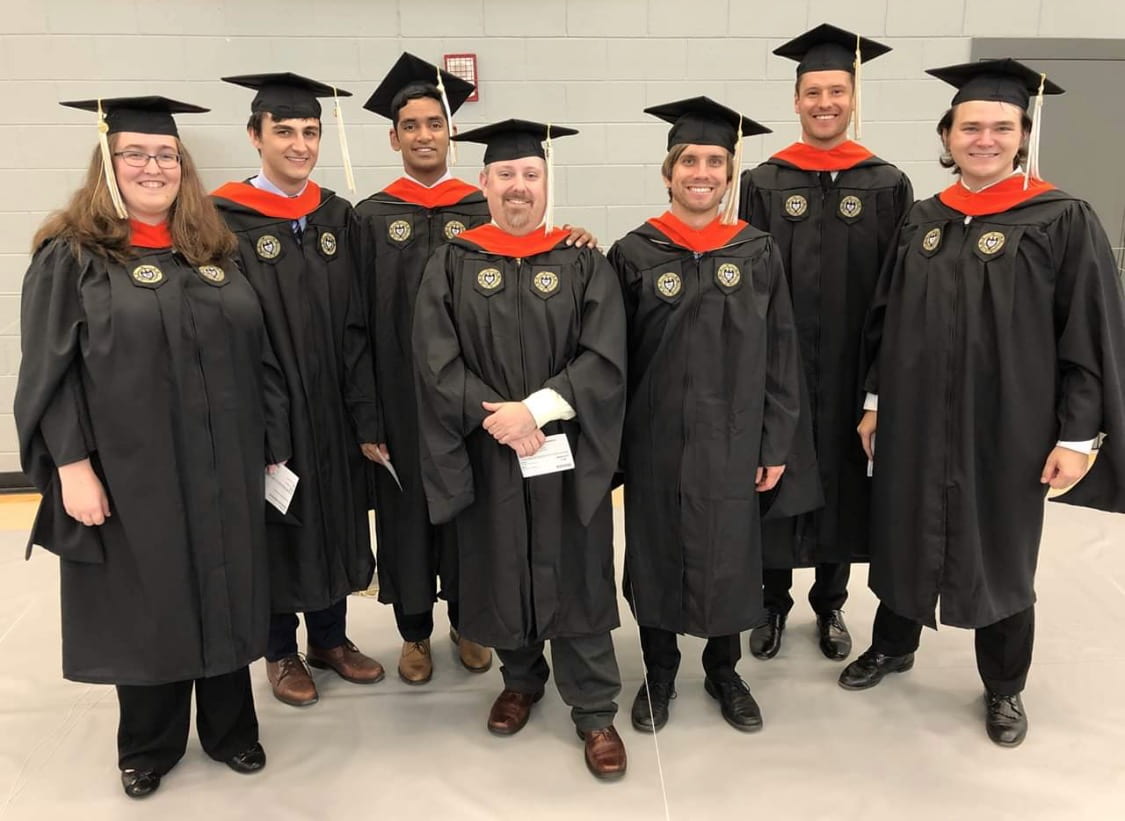Graduate Certificates
Embedded and stand-alone graduate certificates

Graduate Astrobiology Certificate
This embedded Astrobiology Certificate expands opportunities for students in the interdisciplinary field of astrobiology and forges links between astrobiology research at Georgia Tech, mission technology, and science communication. Related Programs: Earth and Atmospheric Sciences, Chemistry and Biochemistry, Biological Sciences, Aerospace Engineering, and International Affairs.
Graduate Remote Sensing Certificate
This embedded Remote Sensing Certificate has applications from astronomy and weather, to security-enhancing sensors and collision avoidance radars. Related Programs: Earth and Atmospheric Sciences, Chemistry and Biochemistry, Aerospace Engineering, Electrical and Computer Engineering, Civil and Environmental Engineering, and City Planning.


Graduate International Security and Aerospace Systems Certificate
This stand-alone International Security and Aerospace Systems Certificate is an interdisciplinary certificate for graduate and post-baccalaureate professionals studying on a non-degree basis. Courses explore the intersection of international security, military gaming and modeling, and aerospace systems, and provide students with technical knowledge of aerospace systems and an understanding of relevant political and strategic context. Related Programs: Aerospace Engineering and International Affairs.
Space Entrepreneurship Certificate
The Space Entrepreneurship Certificate program expands opportunities for students in the field of ‘space entrepreneurship’ and forges innovative links between different communities conducting space research at Georgia Tech, including space technology, space science, space policy and business entrepreneurship. Related Programs: College of Engineering, College of Liberal Arts, College of Business.

Undergraduate Certificates
Embedded undergraduate certificates and minors

Undergrad Astrophysics Certificate
This embedded Astrophysics Certificate for non-physics majors allows for the study of astrophysics-related topics such as relativity, cosmology, atomic physics, and astrophysics. Related Programs: Physics.
Aerospace Engineering Minor
This Aerospace Engineering Minor is for undergraduate students who are not majoring in aerospace engineering. Related Programs: Aerospace Engineering

Recommended Programs
Related graduate and undergraduate degree programs
Physics Degree Programs
The Center for Relativistic Astrophysics leads the way in astrophysics research for M.S. and PhD students, and the School of Physics offers an undergraduate Astrophysics concentration.
Aerospace Engineering Degrees
The School of Aerospace Engineering has undergraduate, M.S., and PhD degree options, as well as an Aerospace Engineering minor for non-AE undergraduate students.
Earth & Atmospheric Science Degrees
The School of Earth and Atmospheric Sciences offers undergraduate and graduate degree programs that focus on space and planetary sciences, astrobiology, and other space related fields.
Coming Soon: More Recommendations
We will update this section with additional recommended programs related to space, so please stay tuned!

